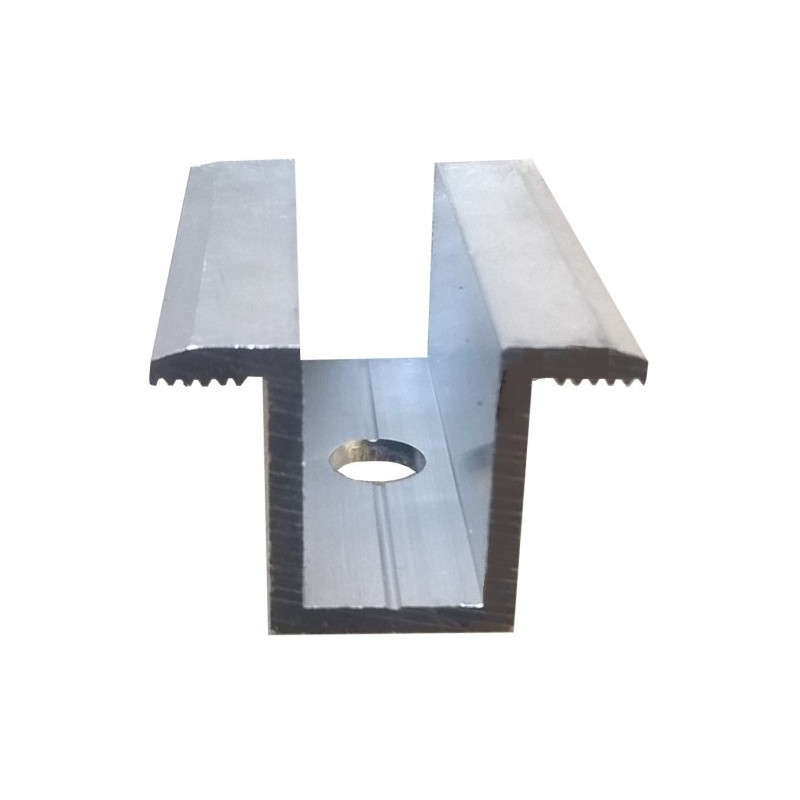

stud bolt washer - fastener
Nov . 04, 2024 21:04 Back to list
stud bolt washer - fastener
The Importance of Stud Bolt Washers in Fastening Systems
In the world of industrial fastening, stud bolts and accompanying washers play a crucial role in ensuring the integrity and reliability of various structures and machines. While stud bolts provide the strength necessary to join components, it is often the less celebrated washer that significantly enhances the performance of the fastening system. This article delves into the vital functions of stud bolt washers, their various types, material options, and their importance in engineering applications.
What are Stud Bolt Washers?
Stud bolt washers are flat discs that are used with stud bolts to distribute loads over a larger area, preventing damage to the attached components and ensuring a tight seal. These washers are commonly employed in applications where high levels of tension and compression are present, such as in the aerospace, automotive, and construction industries. By providing a smooth surface for the nut to tighten against, washers help maintain even pressure and prevent galling, which is critical in maintaining the integrity of the joint.
Functions of Washers in Fastening Systems
One of the primary functions of stud bolt washers is load distribution. When a nut is torqued onto a bolt, the force applied can create high pressure in a localized area. A washer spreads this load, thereby reducing the risk of damage to the surface of the connected parts. This load distribution is especially important in softer materials, such as aluminum or plastic, which can deform under excessive pressure.
Washers also act as spacers that ensure proper alignment of the components being fastened. In situations where precise gap tolerances are necessary, using a washer can help achieve the desired alignment by maintaining a consistent distance between the nut and the surface of the material.
Furthermore, stud bolt washers serve as a protective barrier that can prevent corrosion and wear. Some washers are designed with coatings or made from corrosion-resistant materials, thereby enhancing the longevity of the fastening system. This is particularly important in environments exposed to moisture, chemicals, or extreme temperatures.
Types of Stud Bolt Washers
stud bolt washer - fastener

There are several types of washers tailored for specific applications
. Some of the most common types include1. Flat Washers These are the most basic form of washers, providing a flat surface to spread the load and prevent damage to the material surface. 2. Lock Washers Designed to prevent loosening of the assembly, these washers come in various shapes (such as split or toothed) that provide friction to maintain tension as the nut is subjected to vibration or thermal expansion.
3. Spring Washers These washers add an element of elasticity to the fastening system, ensuring a consistent clamping force even under varying loads or conditions.
4. Fender Washers Featuring a larger outer diameter, these washers are used when a larger surface area is needed to spread the load even more effectively.
Material Options for Washers
The choice of material for stud bolt washers is crucial, as it affects durability, corrosion resistance, and overall performance. Common materials include
- Steel Often used for its strength, steel washers can be coated to improve their resistance to rust and wear. - Stainless Steel Renowned for its corrosion resistance, stainless steel washers are ideal for applications exposed to moisture or harsh chemicals. - Plastic Lightweight and resistant to corrosion, plastic washers can be used in non-load-bearing applications where electrical insulation or chemical resistance is necessary. - Bronze Used for its high resistance to wear, bronze washers are common in applications requiring enhanced longevity.
Conclusion
In summary, the importance of stud bolt washers in fastening systems cannot be overstated. They not only aid in load distribution but also improve joint alignment, prevent corrosion, and prolong the lifespan of mechanical assemblies. By selecting the appropriate type and material of washer, engineers can create secure and durable connections crucial for the safe operation of machinery and structures. As industries continue to evolve, the role of these seemingly simple components will remain pivotal in ensuring reliability and performance in fastening applications.
Latest news
-
High-Strength Hot-Dip Galvanized Bolts-Hebei Longze|Corrosion Resistance&High Strength
NewsJul.30,2025
-
Hot Dip Galvanized Bolts-Hebei Longze|Corrosion Resistance&High Strength
NewsJul.30,2025
-
Hot Dip Galvanized Bolts - Hebei Longze | Corrosion Resistance, High Strength
NewsJul.30,2025
-
High-Strength Hot Dip Galvanized Bolts-Hebei Longze|Corrosion Resistance, Grade 8.8
NewsJul.30,2025
-
Hot Dip Galvanized Bolts-Hebei Longze|Corrosion Resistance,High Strength
NewsJul.29,2025
-
High-Strength Hot Dip Galvanized Bolts - Hebei Longze Metal Products Manufacturing Co., Ltd.|corrosion resistance&high strength
NewsJul.29,2025

